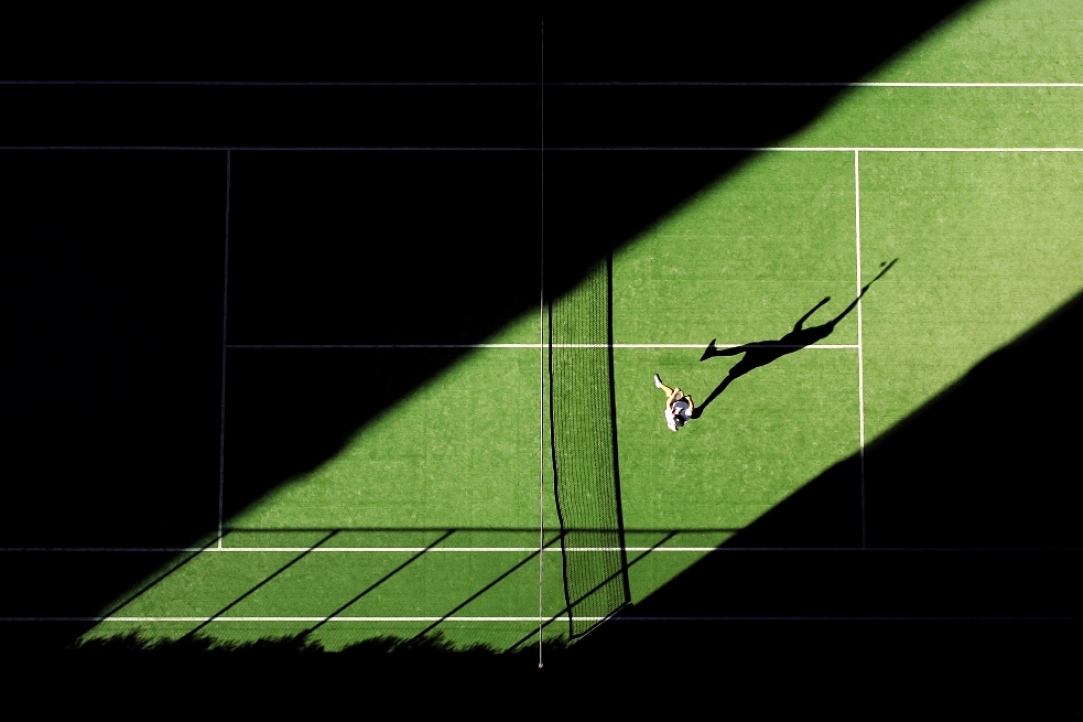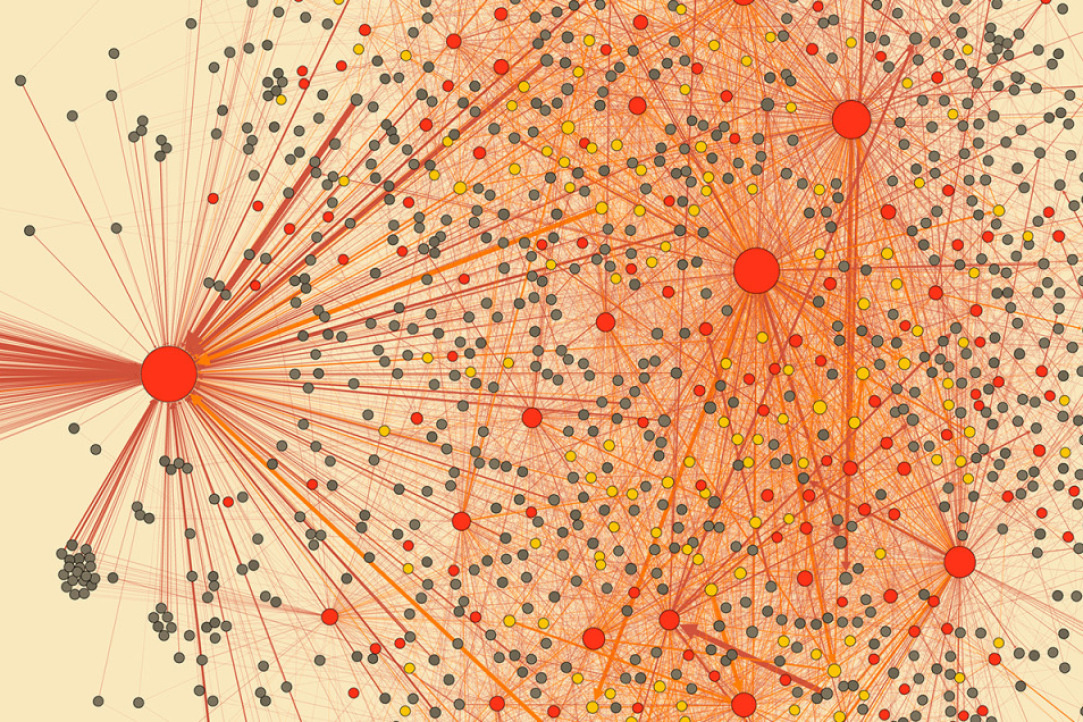
HSE Researchers Find Optimal Rules for Seedings in Knock-out Tournaments
Researchers have conducted a study on tournaments using the playoff system, which is one of the most popular forms of sporting competitions. The results of the study were published in the Journal of Combinatorial Optimization.

Doing Business No Matter What
Having a career as entrepreneur is possible even in adverse circumstances, such as going against one’s family, lacking connections and living in a small provincial community; all of these can stimulate rather than hinder one's entrepreneurial drive, found HSE researchers after studying the life trajectories of young Russian business owners. The study findings are presented in the paper 'Biography as a Tree of Choices: Discovering the Life Trajectories of Young Entrepreneurs in Russia'.

Victims Rather Than Enemies
A series of in-depth interviews conducted by HSE researchers reveal what young residents of Dagestan think of their peers who have joined ISIL. The latter tend to be perceived as victims of brainwashing and unresolved social problems rather than enemies, the study shows.

When Russian Teenagers Start Drinking
High school students intending to pursue vocational education consume alcohol more often than their peers who are planning to go to universities. These findings come from a survey of 1,000 Russian high school students that was carried out as part of a joint research project by scholars from HSE and New York University.

How Women Perpetuate Gender Stereotypes
In a conservative society, women as well as men tend to hold sexist attitudes towards other women, treating them with disrespect and criticising them either for being too feminine and sexual or for taking on traditionally 'male' roles. This type of gender bias assumes a limited range of 'female' roles in society. Misogyny and distrust of women's abilities can generate a fear of femininity, according to Olga Savinskaya and Elizaveta Zakharova's paper Using Mixed Methods to Study Internalised Misogyny among Millennial Women.
-%D0%BC%D1%83%D0%B6%D1%87%D0%B8%D0%BD%D0%B0%20%D0%BC%D0%BE%D0%B5%D1%82%20%D0%BF%D0%BE%D0%B4%20%D0%BA%D1%80%D0%BE%D0%B2%D0%B0%D1%82%D1%8C%D1%8E.jpg)
Who is the Head of the Household?
In Russia, self-estimates of time spent doing housework stand at five hours a day for women and slightly more than three hours a day for men.Men's involvement in household chores is relatively low, but Russian society finds this fair, according to Svetlana Biryukova, Alla Makarentseva and Ekaterina Tretyakova's study 'Perceptions of Time Spent on Housework among Men and Women'.

Social Scientists Reveal Structure of AIDS Denialist Online Communities
HSE researchers examined the structure of online communities of Russian AIDS denialists – people who deny the reality of HIV and AIDS – and the manner in which they spread their ideas. The findings are published in American Behavioral Scientist.

Decision-making Rules Least Susceptible to Manipulation, According to Science
HSE researchers have used computer modelling to demonstrate the varying manipulability of decision-making procedures and to identify those least susceptible to manipulation. Their findings are published in the paper 'Manipulability of Majority Relation-based Collective Decision Rules'.

How Corporate Values Affect Bank Profits
According to international studies, values can impact corporate performance and the bottom line either directly or indirectly. In the paper 'Corporate Values and Profits of Commercial Banks: Correlation with Profits', Elena Prosvirkina and Nikolai Prosvirkin have examined the corporate values commonly declared by Russian banks and found that the widely held values of customer focus and efficiency can bring competitive advantage, but do not impact financial performance directly.
-%D0%B7%D0%B0%D0%B2%D0%BE%D0%B4%20%D0%B8%D0%BD%D0%BD%D0%BE%D0%B2%D0%B0%D1%86%D0%B8%D0%B8.jpg)
Russia’s Innovation Powerhouses
HSE released its fifth Russian Regional Innovation Ranking, based on the 2015 findings, at a press conference hosted by TASS. Almost half Russia’s regions are relatively stable in terms of innovative development: their positions in the ranking have not changed significantly.

